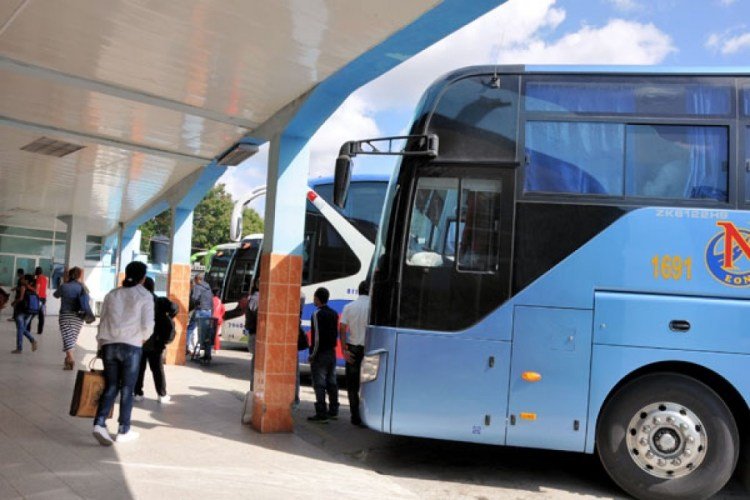Interprovincial passenger transportation in Cuba will be suspended as of midnight this Tuesday, as part of the government’s plan to combat the coronavirus pandemic. In addition, the island’s authorities are evaluating measures that could be applied in the cities.
Cuban Minister of Transportation Eduardo Rodríguez announced that after this Tuesday night there will be no more departures for buses, trains, or planes that make inter-provincial routes, and catamaran trips between the ports of Batabanó and the Isla de la Juventud will also be suspended, Cubadebate reported.
@EduardoR_Davila en la conferencia en @MitransCuba informó que las transportaciones por ómnibus, trenes, aviación y el catamarán hacia y desde la Isla de la Juventud, se suspenden a partir de las 12 de la noche de hoy y las reservaciones a partir de ese momento quedan canceladas pic.twitter.com/MllUQloQZp
— Ministerio del Transporte de Cuba (@MitransCuba) March 24, 2020
@EduardoR_Davila at the press conference in @MitransCuba reported that transportation by bus, train, aviation and the catamaran to and from the Isla de la Juventud is suspended as of 12 midnight today and reservations from that moment on are canceled pic.twitter.com/MllUQloQZp
―Cuban Ministry of Transportation (@MitransCuba) March 24, 2020
Travelers who had reservations will be able to receive a refund of the total cost of the ticket during the next three months, Rodríguez explained.
The minister assured that when the situation in the country is normalized, after the health emergency caused by COVID-19, passengers affected by these interruptions will have priority to buy tickets.
At a press conference at the headquarters of the Ministry of Transportation (MITRANS), Rodríguez reiterated that all passengers arriving in Cuba will be placed in isolation in specialized centers.
“No family member will have contact with those close to them. It is a measure that may seem harsh, but it is necessary to control the disease,” warned the head of MITRANS, to discourage people waiting for their loved ones at the air terminals.
Likewise, the minister confirmed that as long as this situation continues, Cuban residents’ travel abroad is prohibited.
“We ask people not to go to airports. The airlines have been notified of this decision and travelers must contact these companies to rearrange their flights,” he said.
In accordance with the measures reported by the Cuban government this Monday, aviation companies were notified of the amount of luggage that will be allowed by passengers: one carry-on and one suitcase, he warned.
“A procedure will be carried out to disinfect all baggage that arrives in the country and that will go along with the passengers to the isolation centers,” said the minister, quoted by Cubadebate.
The minister recommended that people avoid travel, amid the situation caused by the coronavirus pandemic.
The cancellation of interprovincial transportation also applies to private media, in accordance with the Cuban plan to control the expansion of COVID-19.
“Any exception to these measures will be evaluated by a work team and the authorities of the territories,” he said.
Regarding the transfer of students whose educational activities have ceased and are returning home, Rodríguez assured that their transportation will be carried out “in an orderly, staggered and safe manner.”
As for urban transportation, he explained that it will be maintained for the moment, to guarantee mobility within cities, and said that “the flow of passengers is constantly being evaluated, to take appropriate actions.”
In addition, he asked the population to use public transportation only “if necessary” and recommended that “everyone who has a facemask use it on the bus.”
This Tuesday Cuba confirmed 8 new confirmed cases of COVID-19, with which it reached 48 cases. Of these, 45 are hospitalized―two of them in critical condition and one in serious condition―, after the death of an Italian tourist, the evacuation of an American to his country and the first discharge this Monday of a Cuban.
In addition, 1,229 people are hospitalized on the Island―most of them Cuban―for presenting suspicious symptoms or being in contact with confirmed cases, while more than 33,000 are under primary health care surveillance in their homes.










